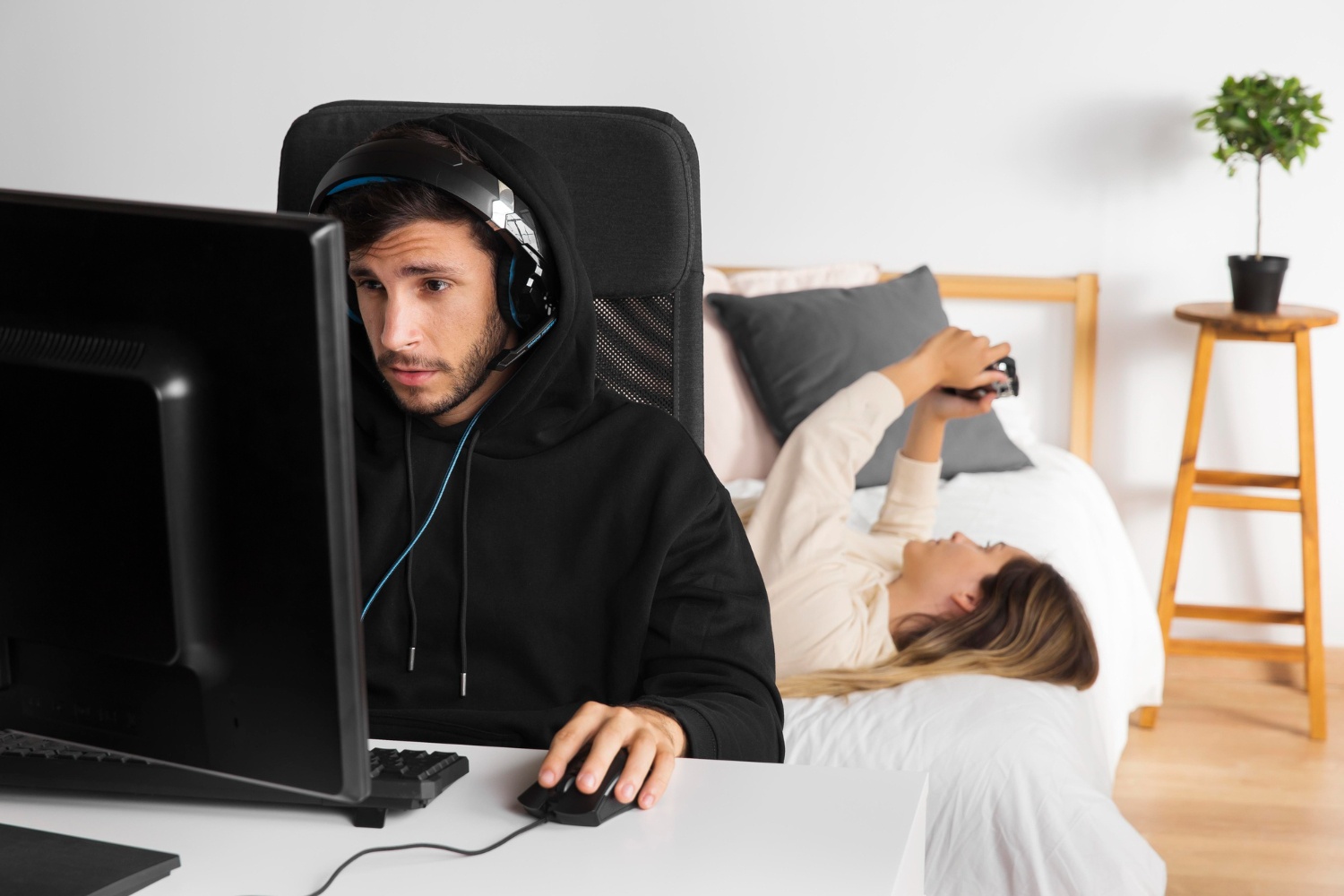Helping Individuals and Families Make Sense of Screen Overuse
It’s not just about the next episode, it’s about escaping something deeper.
It’s not just about the next episode or endless scrolling. For many individuals and families, binge-watching becomes a way to escape stress, manage anxiety, or find comfort when life feels overwhelming. At TruPaths, we don’t judge screen habits. Instead, we help you or your loved one understand the patterns behind them and connect you to trusted programs that offer clarity, balance, and support.
It’s not just entertainment. It’s often an attempt to feel safe or soothed when life feels too heavy. Healing starts when you feel understood.









